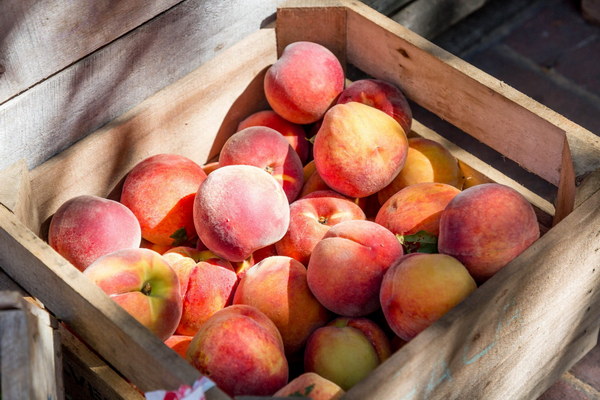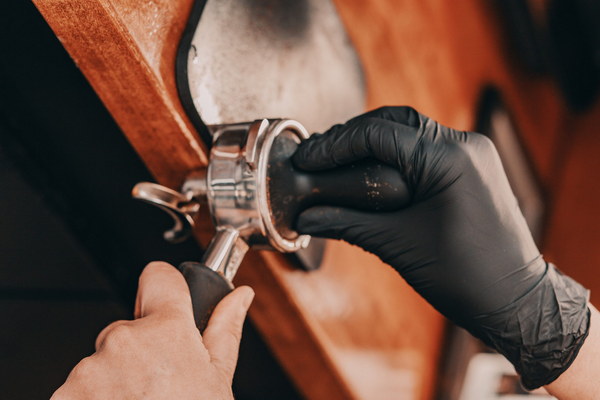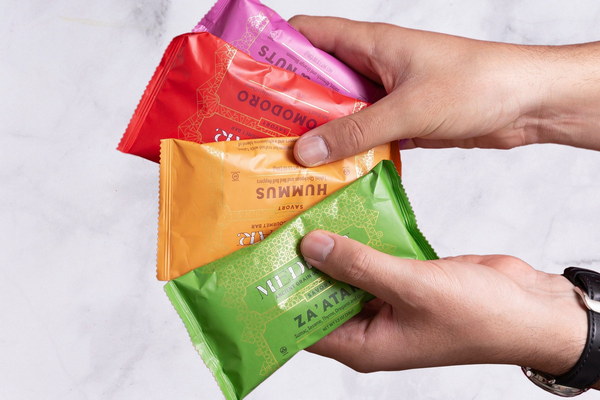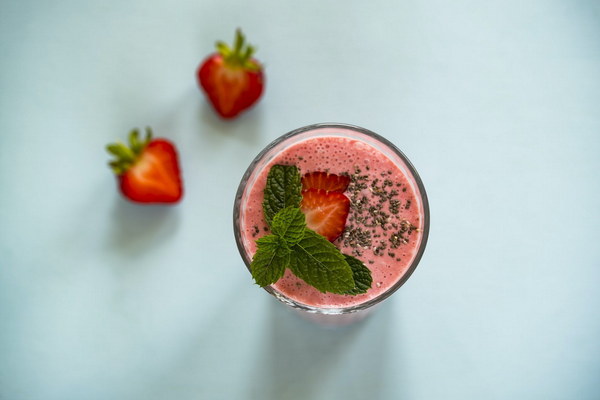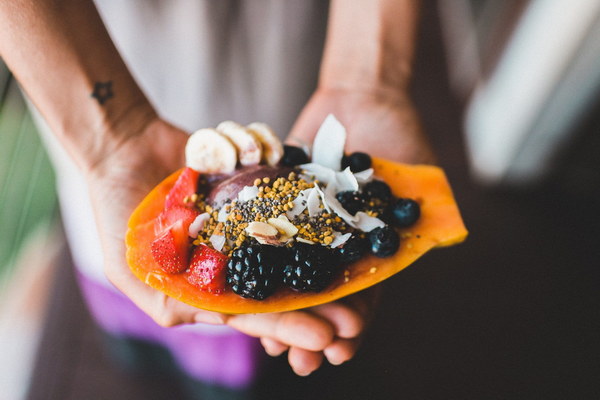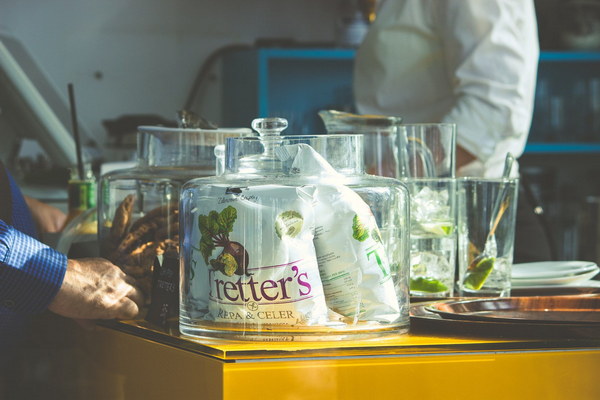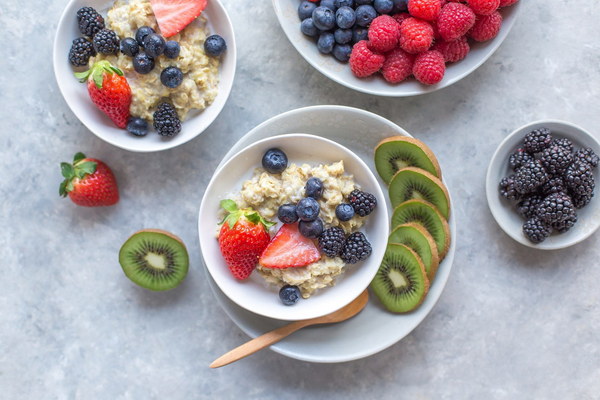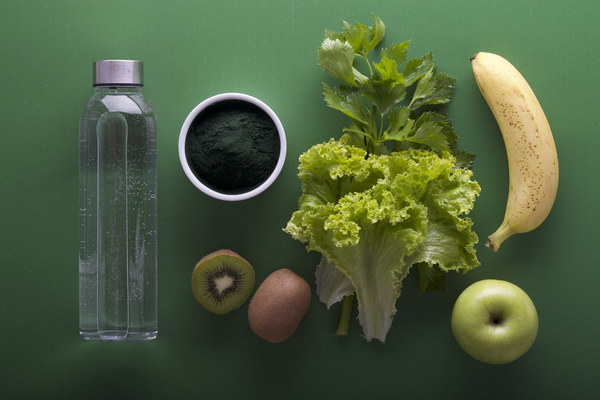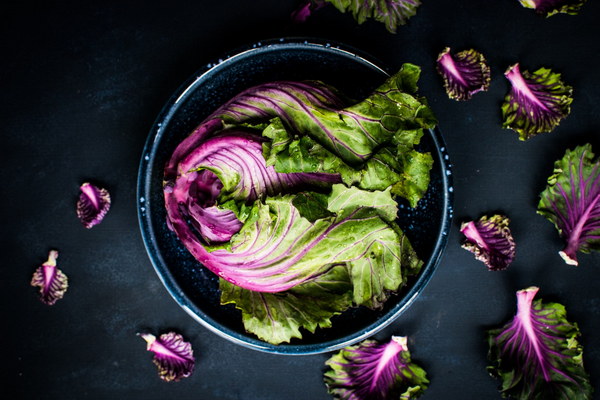Navigating the Dos and Donts of Kidney Care A Comprehensive Guide to KidneyFriendly Habits
Introduction:
The kidneys play a crucial role in maintaining the body's overall health. They filter waste products from the blood, balance electrolytes, and regulate blood pressure. To keep your kidneys in optimal condition, it is essential to be aware of certain dietary and lifestyle habits that can either support or harm kidney function. This article delves into the dos and don'ts of kidney care, offering valuable insights into maintaining kidney health.
1. Dos:
a. Consume a balanced diet:
A well-balanced diet rich in fruits, vegetables, whole grains, lean proteins, and healthy fats can support kidney function. Incorporating foods that are low in sodium, potassium, and phosphorus can be particularly beneficial for kidney health.
b. Stay hydrated:
Drinking plenty of water throughout the day helps maintain kidney function by flushing out waste products and toxins. Aim for at least 8-10 glasses of water per day, or more if recommended by a healthcare professional.
c. Exercise regularly:
Regular physical activity improves blood flow, reduces the risk of kidney disease, and promotes overall health. Aim for at least 150 minutes of moderate-intensity aerobic exercise or 75 minutes of vigorous-intensity exercise per week.
d. Avoid smoking:
Smoking is a significant risk factor for kidney disease. Quitting smoking can improve kidney function and reduce the risk of developing kidney-related complications.
e. Manage chronic conditions:
Conditions such as high blood pressure, diabetes, and high cholesterol can damage the kidneys over time. Managing these conditions through medication, diet, and lifestyle modifications can help protect your kidneys.
2. Don'ts:
a. Limit high-protein diets:
Consuming excessive amounts of protein can strain the kidneys, especially if you have existing kidney issues. Opt for plant-based proteins and moderate portions of lean meats to reduce the workload on your kidneys.
b. Avoid high-sodium foods:
Sodium can contribute to high blood pressure and fluid retention, which can negatively impact kidney function. Minimize the consumption of processed foods, fast food, and high-sodium condiments.
c. Limit high-potassium foods:
High levels of potassium can be harmful to individuals with kidney disease. Consult with a healthcare professional to determine which potassium-rich foods are safe to consume and how much.
d. Avoid high-phosphorus foods:
Phosphorus can accumulate in the blood and cause kidney damage. Reduce the intake of high-phosphorus foods, such as dairy products, meat, and processed foods, and consult with a dietitian for personalized recommendations.
e. Don't overuse pain relievers:
Over-the-counter pain relievers, such as ibuprofen and naproxen, can harm the kidneys if used excessively. If you require pain management, consult with a healthcare professional for appropriate medication and dosages.
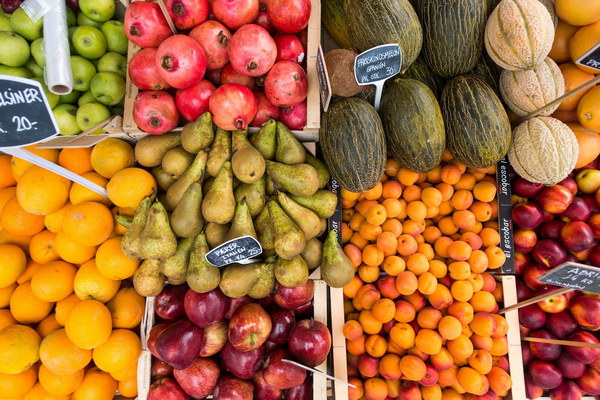
Conclusion:
Maintaining kidney health is essential for overall well-being. By following the dos and don'ts outlined in this article, you can support your kidney function and reduce the risk of kidney disease. Remember, it is always best to consult with a healthcare professional for personalized advice and support in maintaining kidney health.
